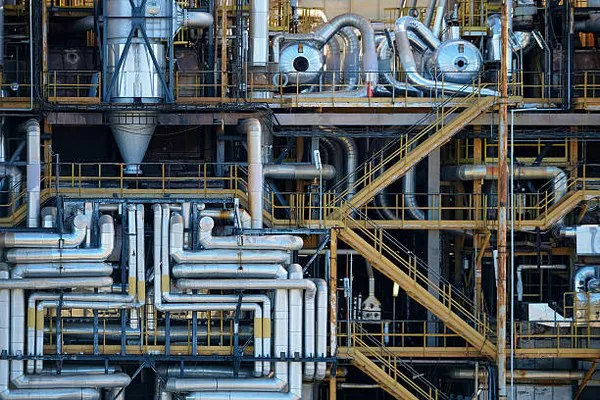Maintaining a comfortable indoor environment is essential for homeowners, and a central component of this comfort is a properly functioning air conditioning (AC) system. However, if you find that your AC compressor is consistently shutting off after just 2-3 minutes of operation, it can be a cause for concern. This issue not only hampers the efficiency of your cooling system but can also lead to increased energy consumption and potential long-term damage. In this article, we will explore the common reasons behind such behavior and discuss potential solutions to rectify the problem.
Overheating Issues:
One of the primary reasons for an AC compressor shutting down prematurely is overheating. The compressor is a vital component that compresses the refrigerant to facilitate the cooling process. If the compressor becomes too hot, it activates a safety feature that shuts it down to prevent damage. Overheating can result from various factors, such as a lack of refrigerant, poor airflow, or issues with the compressor itself.
To address this, it’s crucial to ensure that there is an adequate amount of refrigerant in the system. A refrigerant leak can cause a drop in pressure, leading to overheating. A professional HVAC technician can inspect the system, identify leaks, and recharge the refrigerant to the correct levels.
Dirty or Blocked Condenser Coils:
The condenser coils play a vital role in dissipating heat from the refrigerant, allowing the system to operate efficiently. Over time, these coils can accumulate dirt, dust, and debris, reducing their ability to transfer heat. When the condenser coils are dirty or blocked, the compressor has to work harder, resulting in increased temperatures and potential shutdowns.
Regular maintenance, including cleaning or replacing dirty condenser coils, is essential to ensure optimal performance. Homeowners can use a soft brush or vacuum to clean the coils, but it’s advisable to seek professional assistance for a thorough inspection and cleaning.
Electrical Issues:
Electrical problems can also contribute to the premature shutdown of the AC compressor. Faulty wiring, loose connections, or issues with electrical components can interrupt the power supply to the compressor, causing it to shut down.
Homeowners should exercise caution when dealing with electrical components and, if not experienced, seek the expertise of a licensed electrician or HVAC technician to inspect and repair any electrical issues. Regular inspections can help identify and address potential problems before they lead to a complete shutdown.
Thermostat Malfunction:
A malfunctioning thermostat can misinterpret temperature readings, leading to inaccurate cooling cycles. If the thermostat signals the compressor to shut off prematurely, it can result in inadequate cooling and discomfort.
Verify that the thermostat is functioning correctly by checking its settings and ensuring it is calibrated accurately. If issues persist, consider replacing the thermostat or consulting with a professional to diagnose and address the problem.
Airflow Restrictions:
Proper airflow is essential for the efficient operation of the AC system. Restricted airflow can result from clogged air filters, blocked vents, or issues with the blower motor. When airflow is compromised, the system may overheat, triggering the compressor to shut down.
Regularly replace air filters and ensure that vents are unobstructed to maintain optimal airflow. If problems persist, it may be necessary to inspect and clean the blower motor or seek professional assistance for a comprehensive examination.
Conclusion:
A malfunctioning AC compressor that shuts down after 2-3 minutes can be a frustrating and uncomfortable experience for homeowners. However, understanding the potential causes behind this issue is the first step toward effective resolution. From addressing overheating problems to ensuring proper airflow and tackling electrical issues, a systematic approach to troubleshooting can help identify and rectify the root cause of the problem.
While some maintenance tasks can be performed by homeowners, it is crucial to recognize the limits of DIY solutions. For more complex issues or those requiring technical expertise, consulting with a qualified HVAC professional is the best course of action. Regular preventive maintenance, timely repairs, and attention to the overall health of the AC system are key to ensuring long-term efficiency and comfort in your home.

